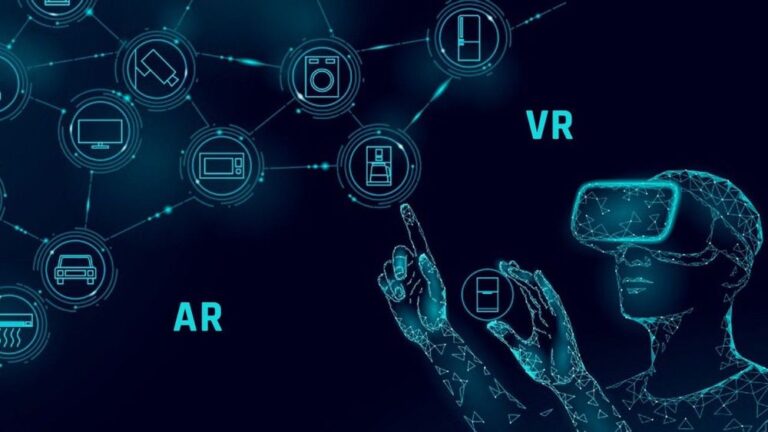
The Rise of Quantum Computing: What You Need to Know
In the world of technology, few innovations hold as much promise—or mystery—as quantum computing. Often regarded as the next great leap in computational power, quantum computers have the potential to solve problems that are practically impossible for today’s classical computers. From cryptography to drug discovery, quantum computing is poised to revolutionize how we approach complex challenges.
In this article, we’ll explore what quantum computing is, how it differs from classical computing, its real-world applications, the current state of the field, and what the future may hold.
What is Quantum Computing?
Quantum computing is a type of computing that uses the principles of quantum mechanics—a fundamental theory in physics that describes nature at the smallest scales. Unlike traditional computers that process information in binary (0s and 1s), quantum computers use quantum bits, or qubits, which can exist in multiple states at once due to two main principles:
- Superposition – A qubit can represent both 0 and 1 simultaneously.
- Entanglement – Qubits can be entangled, meaning the state of one is dependent on the state of another.
These principles allow quantum computers to process vast amounts of data in parallel, offering exponential speedup for specific tasks.
Classical vs. Quantum Computing
| Feature | Classical Computing | Quantum Computing |
|---|---|---|
| Basic Unit | Bit (0 or 1) | Qubit (0, 1, or both) |
| Data Processing | Sequential or parallel | Massive parallelism via superposition |
| Speed | Fast for standard tasks | Exponentially faster for specific problems |
| Storage | Binary-based memory | Quantum states |
| Use Cases | General computing tasks | Optimization, cryptography, simulations |
How Does Quantum Computing Work?
Quantum computers rely on specialized hardware that manipulates and measures qubits. These machines require ultra-cold temperatures to maintain quantum coherence. Common types of quantum computing technologies include:
- Superconducting Qubits – Used by IBM and Google
- Trapped Ions – Used by IonQ and Honeywell
- Photonic Quantum Computers – Use light particles instead of atoms
Quantum gates are applied to qubits to perform operations. Measurements at the end determine the final output.
Current Applications of Quantum Computing
- Cryptography – Breaking RSA encryption and enabling quantum-secure communication.
- Drug Discovery – Simulating molecules to accelerate the development of new medications.
- Financial Modeling – Optimizing portfolios and assessing risk with greater accuracy.
- Logistics – Enhancing supply chain efficiency through quantum optimization algorithms.
- Climate Modeling – Improving simulations of atmospheric and oceanic systems.
Major Players in Quantum Computing (2025)
- IBM Quantum – Cloud-based quantum services and educational tools.
- Google Quantum AI – Known for achieving quantum supremacy.
- Microsoft Azure Quantum – Hybrid quantum-classical platforms for developers.
- Rigetti Computing – Developing superconducting quantum processors.
- IonQ – Focused on trapped ion quantum computers with commercial access.
Challenges Facing Quantum Computing
- Error Correction – Reducing noise and instability in quantum systems.
- Scalability – Increasing the number of reliable qubits.
- Cost – Quantum systems require expensive infrastructure and maintenance.
- Talent Shortage – There is a lack of trained quantum professionals.
The Future of Quantum Computing
Quantum computing is advancing rapidly, with forecasts predicting practical, fault-tolerant quantum systems within the next decade. The emergence of Quantum-as-a-Service (QaaS) is making quantum capabilities more accessible via the cloud. As industries adopt quantum tools, expect innovation across sectors such as materials science, AI, defense, and logistics.
Conclusion
Quantum computing is not just a futuristic dream; it’s a revolutionary technology already shaping the future of computation. While challenges remain, the momentum and investment in this field suggest that quantum systems will soon become integral to solving humanity’s most complex problems. Now is the time for businesses, developers, and students to get familiar with the quantum landscape and prepare for a new computational era.


